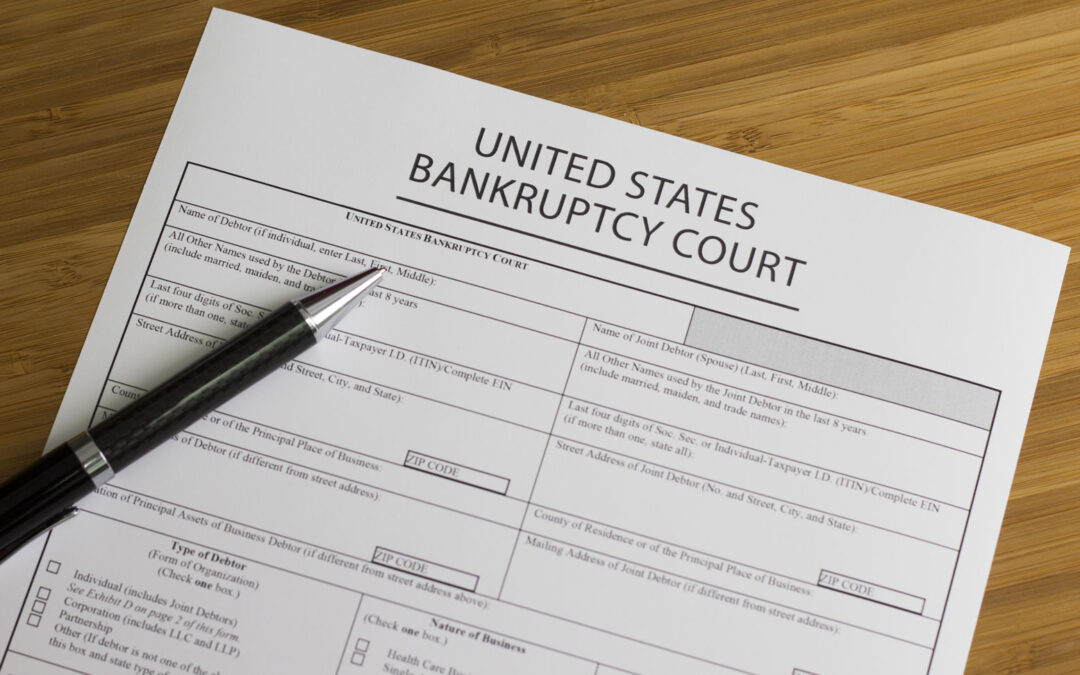The bankruptcy matter In re Millennuium Lab Holdings II, LLC, et al. (District of Delaware Case No. 15-12284-LSS) recently resulted in some non-binding guidance on a growing issue in chapter 11 bankruptcy cases – third party releases.
Background
Chapter 11 plans tend to include third party releases that, once the debtor’s creditor is paid in accordance with the plan, will trigger the satisfaction of the obligation of another affiliate (which could also include directors and officers) who shares liability for that debt. Sometimes these releases are non-consensual, meaning that the creditor is bound by the release, regardless of its potential opposition, as long as the plan is confirmed. These releases are a continuously growing source of tension in chapter 11 cases as their inclusion in plan confirmation orders is often contested. This leaves the Bankruptcy Court in the position of balancing their broad authority under § 105(a) of the Bankruptcy Code, which allows for the issuance of any order that is appropriate or necessary to carry out the provisions of the Bankruptcy Code, and other sections that indicate a lack of authority on the part of the Bankruptcy Court to order a non-consensual third-party release.
The Millennium Case
Millennium Lab Holdings ultimately confirmed its chapter 11 plan and the confirmation order included non-consensual third-party releases. Several lenders with claims subject to the releases appealed and initiated the District Court action Opt-Out Lenders v. Millennium Lab Holdings II, LLC, et al. (District of Delaware Civ. No. 16-110-LPS). After briefing, the District Court issued an opinion on March 17, 2017. In the opinion, the District Court expressed severe doubt regarding bankruptcy confirmation orders containing non-consensual third-party releases. While the matter was ultimately remanded for a decision by the Bankruptcy Court, the opinion includes a section where the District Court stated that constitutional authority for the Bankruptcy Court to order a non-consensual third-party release is unclear and came close to dismissing even the potential for de novo review of such an order for the purpose of adequately protecting the rights of the parties.
In Conclusion
The District Court’s opinion is another step away from the leniency that officers, co-borrowers, and guarantors seeking third-party releases in an affiliate’s bankruptcy have benefited from in the past. The immediate result is greater uncertainty with respect to potential releases and, based on the District Court’s analysis, the long-term result may be that plan proponents will have a much harder time approving non-consensual third party releases during the plan confirmation process.

